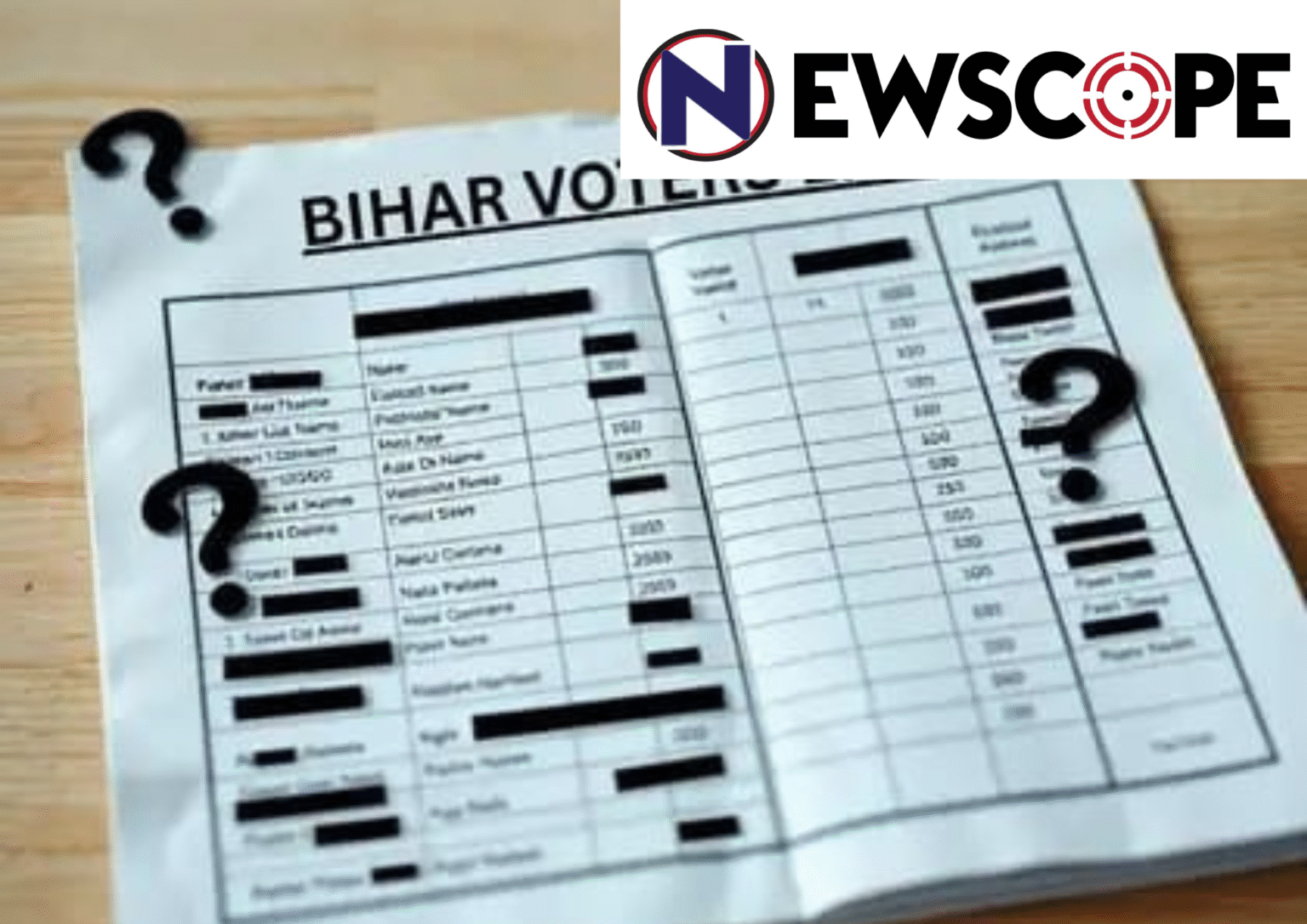Bihar has one of the greatest concentration of working people and marginalised communities within the country. Many of these persons are under-documented and live in conditions that make it impossible to maintain consistent paper trails.
It is an unsurmountable challenge for a migrant to produce post one month’s notice furnish documents that prove not only their eligibility to vote but also of their parents. This section of electorate is mostly made up Dalits, Adivasis and rural poor.
These groups now face the threat of disenfranchisement. But it is not due to fraud or manipulation but systemic inequality and administrative insensitivity.┬Ā
The scale of this process of checking electoral is taking place during monsoon and over difficult terrain. It almost guarantees errors and exclusions.
Even the country’s highest court has taken note of this difficulty. A judge of Supreme Court has observed that even someone of his stature would struggle to produce the kind of documentation now being demanded.
What makes the exercise even more suspect is its political context. The demand for complex documentation will disproportionately affect voters who are less likely to support the BJP.
Revision of electoral roll in Bihar is being portrayed as a neutral administrative process. It is in fact biased and deeply political.
Neither is it routine. No such intensive revision of voter rolls have taken place in other states that recently went to the polls.
The electoral roll of Bihar have already been updated in 2024 Lok Sabha polls. The ECI is yet offer an explanation for the surge of voters before the Maharashtra elections.
Strangely enough, it is only the BJP spokepersons who are rooting for the revision.This creates the impression that the political consequences of the revision are highly skewed.
Bihar elections are inching closer. The voter roll revision exercise stands out for its timing and implications for already vulnerable population.



